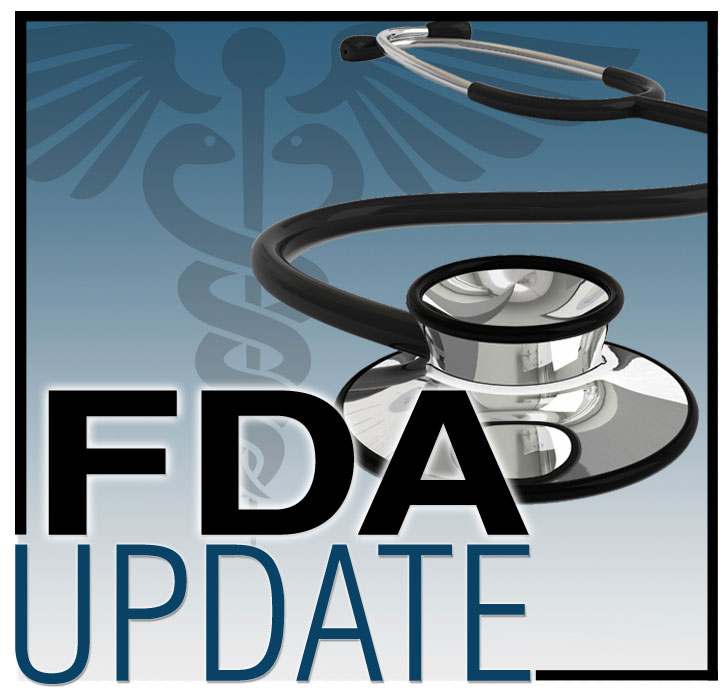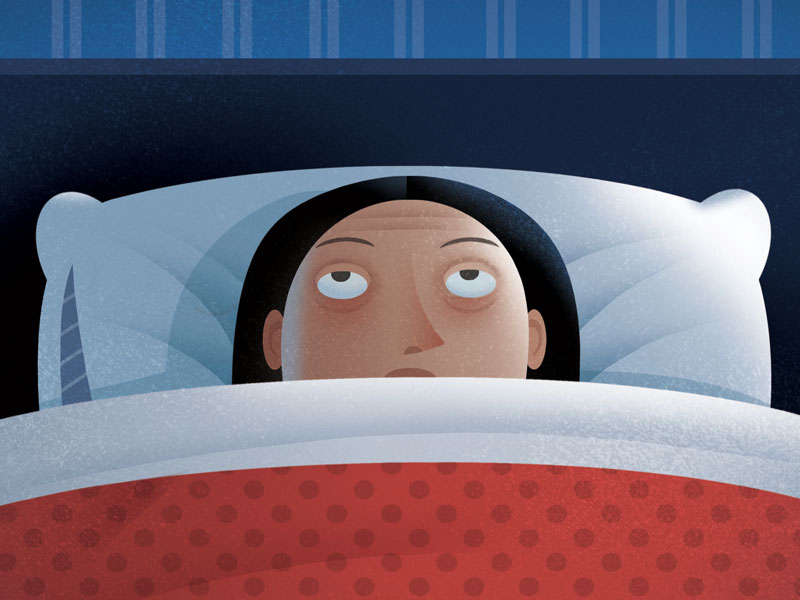Motivational Interviewing Nursing Interventions Help Reduce Chemotherapy Symptom Burden

Nursing interventions such as coaching, telephone follow-up, and home care have been reported with inconsistent results. In their article in the January 2018 issue of the Oncology Nursing Forum, Coolbrandt et al. discussed the evaluation of a nursing intervention focused on patient education and self-management to reduce symptom distress in outpatients with cancer.
- Read more about Motivational Interviewing Nursing Interventions Help Reduce Chemotherapy Symptom Burden
- Add new comment
FDA Approves Abiraterone Acetate With Prednisone for High-Risk Metastatic CSPC

On February 7, 2018, the U.S. Food and Drug Administration (FDA) approved abiraterone acetate tablets in combination with prednisone for metastatic high-risk castration-sensitive prostate cancer (CSPC).
- Read more about FDA Approves Abiraterone Acetate With Prednisone for High-Risk Metastatic CSPC
- Add new comment
States Have a Role in Creating Public Health Policies

The federal government structure in Washington, DC, is hard to ignore. U.S. children are taught about it in schools, and we hear about it regularly as elections, legislation, appointments, and the like are discussed in the news. Less recognized, though, is that each state has a similar legislative structure.
How ONS Is Advocating for Our Patients and Our Profession

A responsibility of the ONS president, Board members, and senior staff is to advocate for our patients and our profession. To say that 2017 was a busy year is an understatement. This column, whether written by the president or by me, often describes where ONS has been, who has represented the organization and you, and what our advocacy or education has been.
How Can Cognitive Behavioral Therapy Help Patients With Cancer Manage Insomnia?

Simply put, sleep impacts everything. I consider it to be even more foundational than diet and exercise for some. If patients don’t sleep well, they are more likely to make poor food choices and not exercise. Individuals with insomnia symptoms are at higher risk for a number of physical health problems, including diabetes, obesity, and cardiovascular diseases. Insomnia has been linked to mood and anxiety disorders, higher levels of perceived stress, and impaired cognitive functioning.
- Read more about How Can Cognitive Behavioral Therapy Help Patients With Cancer Manage Insomnia?
- Add new comment
Sleep-Wake Disturbances in Patients With Cancer

In bedrooms across the United States, people are crawling into bed, turning down the lights, and lying awake for hours on end. Sleep-wake disturbances and short sleep duration are extremely common, and rates are even higher in patients with cancer. Unfortunately, screening, assessment, and interventions are lacking for patients experiencing sleep-wake disturbances during their cancer journey.
NIH: A Look Back at 2017 in Research

To plan for a strong future, one must understand the past. Reviewing the previous year’s accomplishments is always a good policy for reflection and improvement. It can help remind us of the accomplishments achieved in 12 short months. Such was the case at the National Institutes of Health (NIH), as director Francis Collins addressed the research achievements for 2017 in his opening blog.
FDA Clears Genomic Profiling Tests for Cancer Treatment

Former National Institutes of Health (NIH) Director, Harold Varmus, when asked about cancer treatment, once said, “One of the major advances we’ve had as a result of cancer research is deep recognition of the complexity of cancer. It’s not one disease, it’s lots of different diseases. Every single cancer is different when you look at it on a genetic level.”
CDC Promotes World Cancer Day 2018

On February 4, 2018, The Center for Disease Control and Prevention’s (CDC’s) annual World Cancer Day will aim to raise cancer awareness and support in a unified, global effort. The CDC’s efforts focus on cancer research and prevention, as well as improving services to patients with cancer, understanding and sharing common sentiments related to cancer, and mobilizing the global community against the disease.
FDA Approves Lutetium Lu 177 Dotatate for Treatment of GEP-NETS

On January 26, 2018, the U.S. Food and Drug Administration (FDA) approved lutetium Lu 177 dotatate a radiolabeled somatostatin analog, for the treatment of somatostatin receptor-positive gastroenteropancreatic neuroendocrine tumors (GEP-NETs), including foregut, midgut, and hindgut neuroendocrine tumors in adults.





